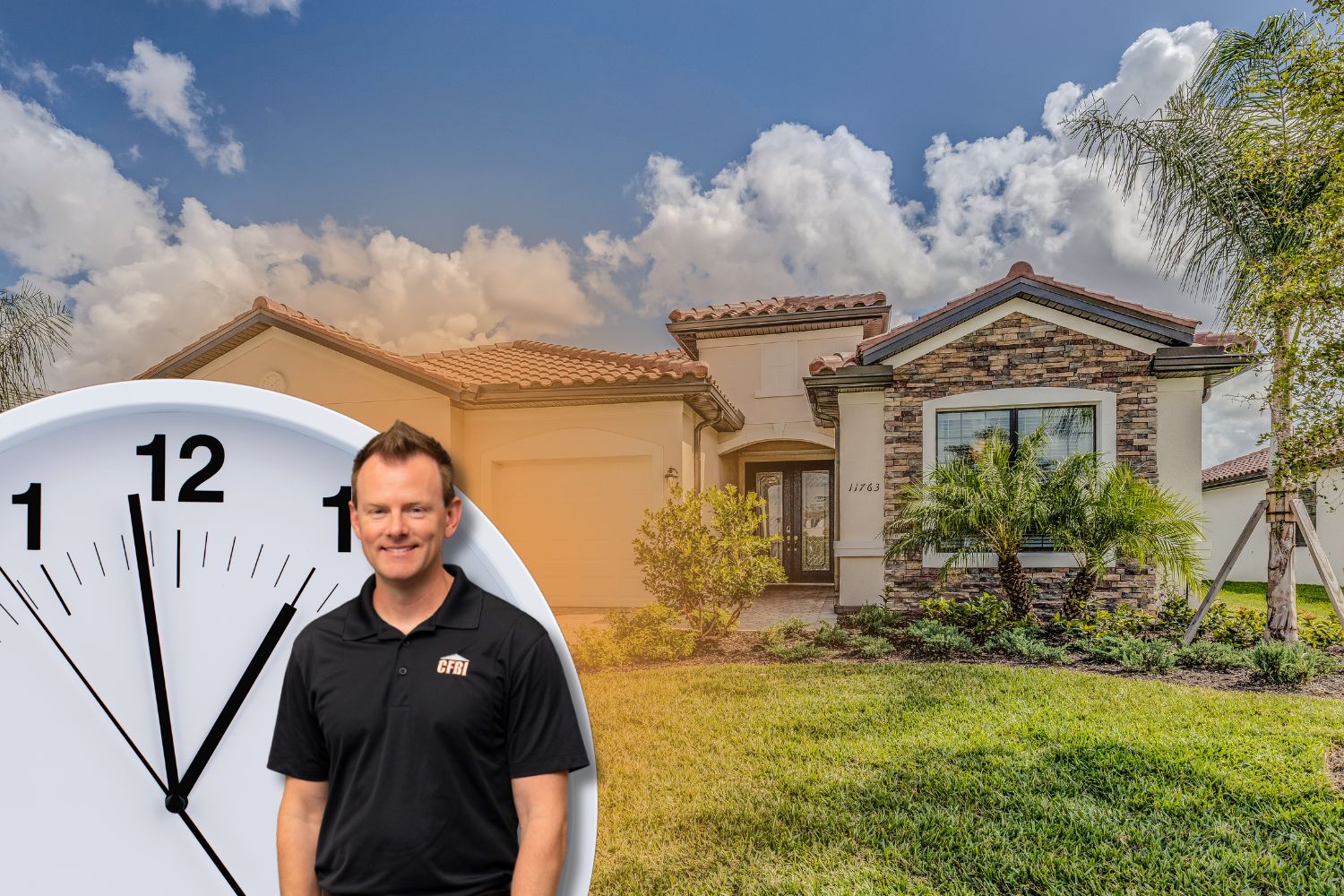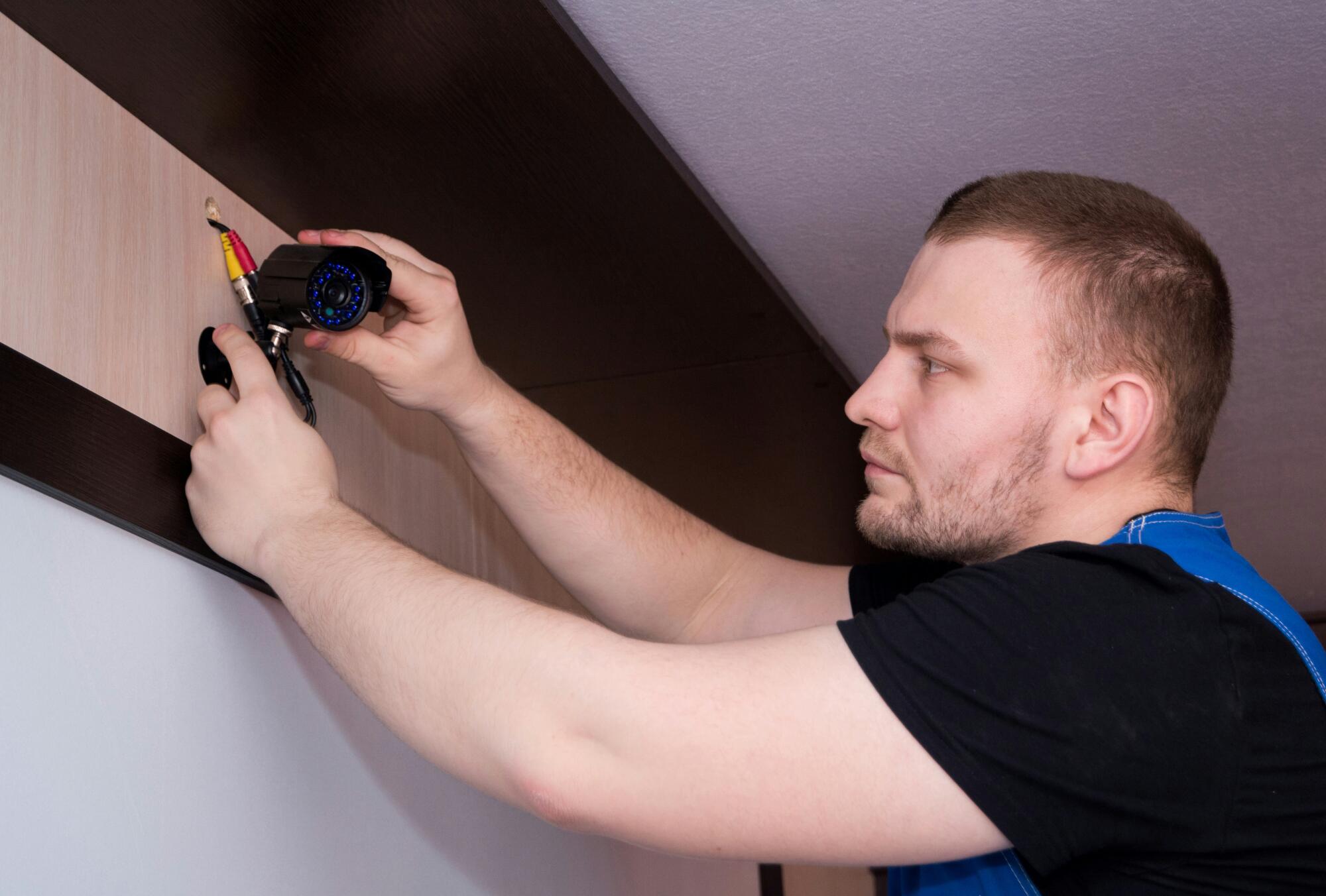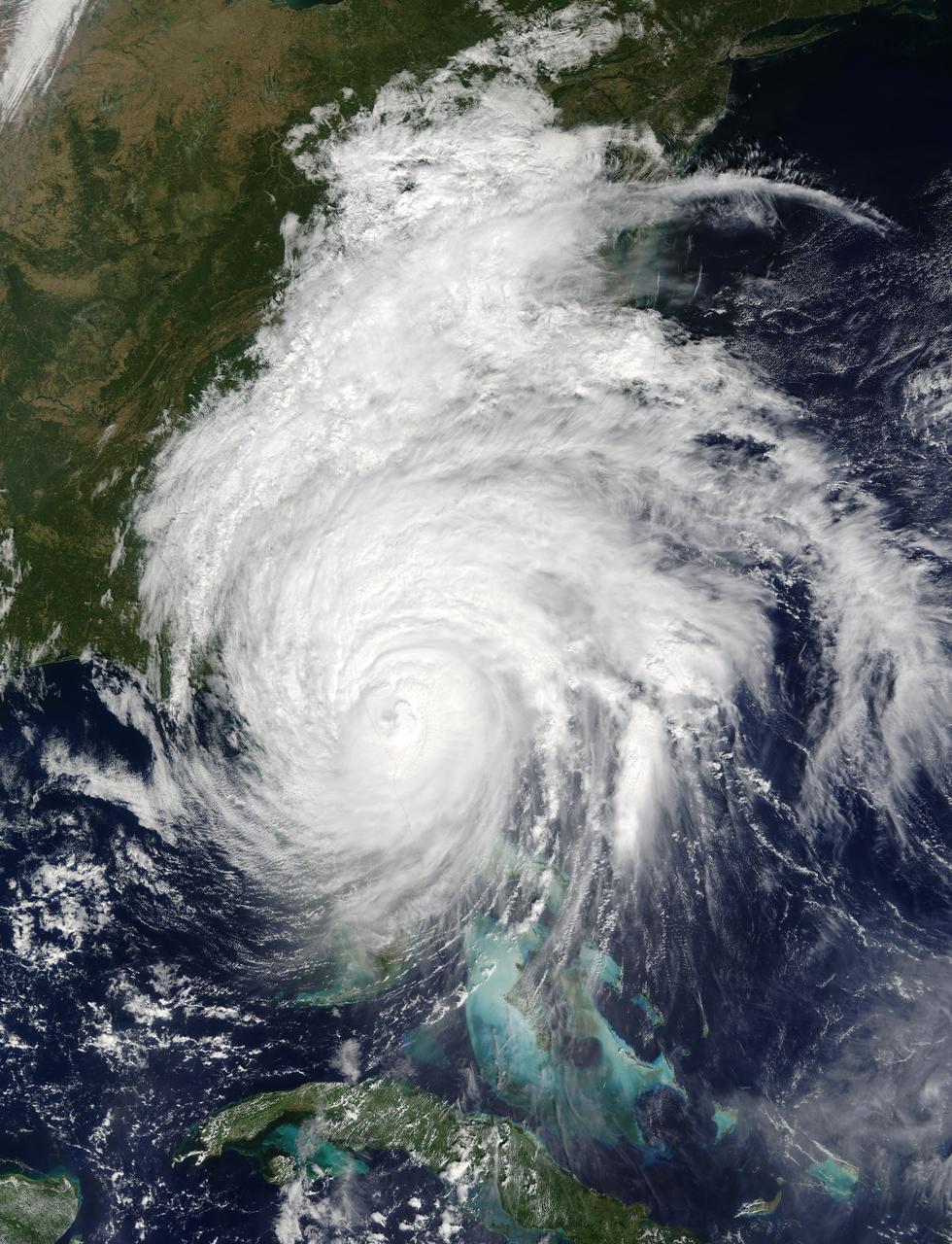Human waste is generally a topic that people avoid, that is until something goes wrong with the septic system. There is nothing worse for a homeowner then dealing with a backed up septic system. As a homeowner, or soon-to-be-homeowner, you need to know that the maintenance of the septic is entirely up to you.
According to EPA.gov it states, “If your septic system isn’t maintained, you might need to replace it, costing you thousands of dollars.” The quickest way of knowing if the septic system is in good, working order is to have an inspection performed.
The septic system is made up of four major components that all need to work properly to maintain a productive and effective way of treatment for household wastewater. The first component is the pipe attached to the home that allows the wastewater to exit and enter the septic tank.
The second component is the septic tank, where the wastewater flows. The septic tank allows the waste to form into a sludge, and oil/grease to rise to top, and typically has screens to prevent the sludge/scum from entering into the drain field.
The drain field is the third component of the septic system. Many states are requiring homes now have a reserve drain field. The drain field is where the wastewater exits from the septic tank. If the drain field clogs or backs up, it causes flooding and waste to rise to the ground surface. It also keeps the wastewater from necessary treatment.
The last component is soil and is the final treatment of the wastewater. It is at the soil stage where treatment removes the most harmful substances like bacteria or viruses.
When should the homeowner or homeowner-to-be have the septic system inspected? If a first time homebuyer, then it is necessary that the inspection be done before signing the property contract. Once a contract is signed, then the responsibility and cost of septic problems will become the responsibility of the new owner. If a homeowner already, then the EPA recommends that in order to keep a healthy maintained system, a professional should inspect it every 3 years.
If the home has an alternative septic system that includes an electrical float switch, it needs inspection at least once a year. Overall, the septic system is one of the most important parts of a home, and should be maintained and inspected regularly. The main reason it should be inspected is because not only will it help on cost savings from replacement, it ensures that it will not cause any health risks due to working improperly.










